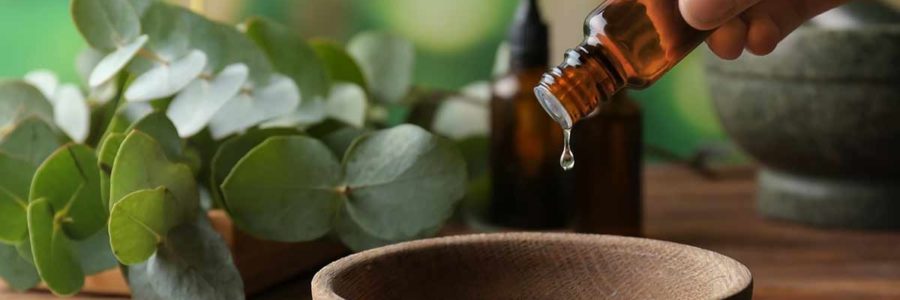Essential oils were first used thousands of years ago by ancient Greece, China, Egypt, and India inhabitants. They had many uses, including fighting seasonal allergies and itchy skin and helping to treat sinus issues. Check out our five best essential oils for allergy relief.
Ways You Can Use Essential Oils For Allergies
Essential Oils for Allergies
A hypersensitive immune system causes allergies to various substances in the environment. Common symptoms of seasonal allergies include runny nose, postnasal drip, sneezing, and watery eyes. It is essential to know about the various causes of seasonal allergies and when they are most prevalent:
Spring allergies. Trees cause the majority of spring allergies. Birch, cedar, horse chestnut, willow, and alder are the top trees linked to seasonal allergies.
Summer allergies. Summer allergies tend to come from grass and a few varieties of weeds. For example, hay fever is typically triggered by grass.
Autumn allergies. Ragweed is the most prevalent allergy during the fall months; in addition to ragweed, pollen from mugworts, fat hens, plantains, and nettles increases in autumn.
Winter allergies. During the winter, indoor allergens such as pet dander, mold, cockroaches, and dust mites are the primary allergy triggers.
Knowing when allergies are the most active is an excellent way to help prepare for them.
The following are the top essential oils for allergies.
Lavender
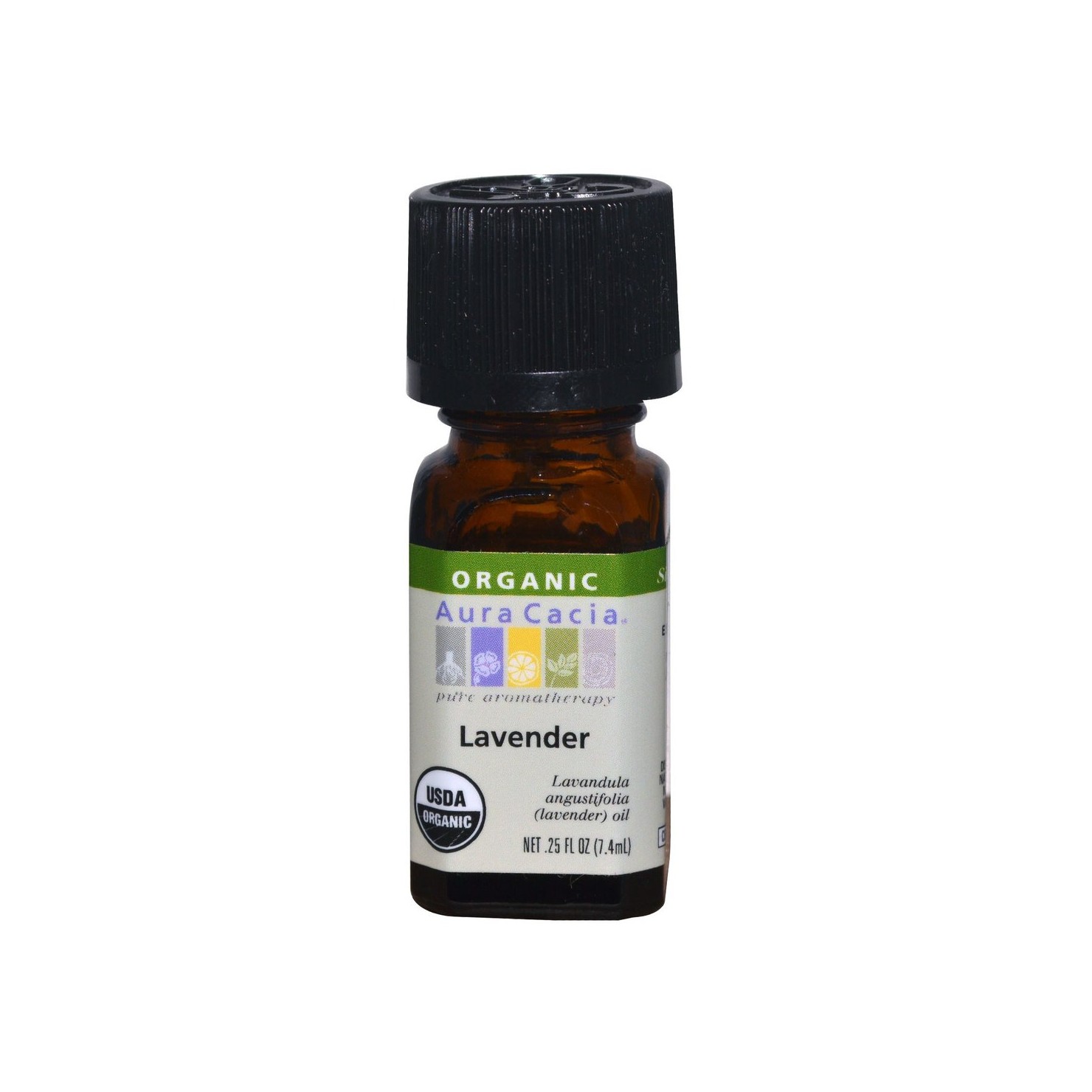
Lavender helps reduce inflammation, which could lessen seasonal allergy symptoms. It has been applied directly to the skin to ease irritation, allergies, and wound healing for centuries. Lavender Oil Organic is a pleasant-smelling essential oil used as aromatherapy. It is a popular choice to enhance the scent of any room and keep seasonal allergies at bay.
Peppermint
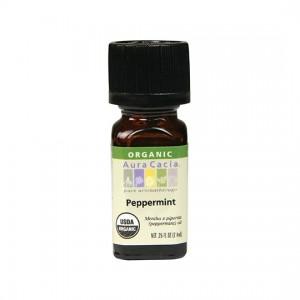
Peppermint oil is often used as an aromatherapy to make breathing more comfortable, making it ideal for those suffering from seasonal allergies. This essential oil may help reduce feelings of mental fatigue and anxiety, common symptoms of seasonal allergies. Peppermint Oil Organic .25 oz can be used as aromatherapy, treat seasonal allergies, and most other health issues.
Eucalyptus
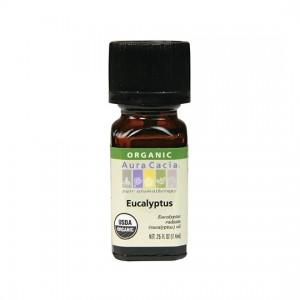
Eucalyptus oil can provide a cooling sensation when inhaled, which could make breathing easier. Eucalyptus can ease symptoms of seasonal allergies and decrease inflammation levels when inhaled.Eucalyptus Oil Organic – 0.25 oz can freshen the home while simultaneously helping to relieve allergy symptoms.
Tea Tree Oil
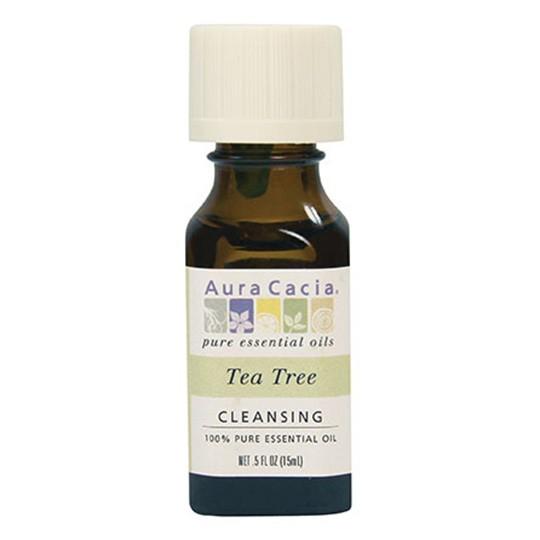
Tea tree oil is useful for seasonal allergies due to its antiviral, antifungal, and antibacterial properties. When applied directly to the skin, it can reduce inflammation often caused by histamine, causing allergic reactions.Tea Tree Oil .25 oz. can be applied topically or used as aromatherapy.
Lemon Oil
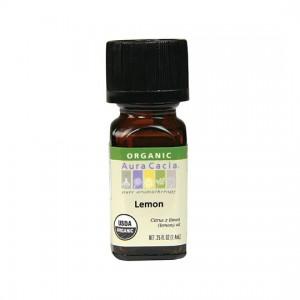
Used as aromatherapy, lemon oil can clear sinuses and decrease congestion, two common symptoms of seasonal allergies. Allergies can cause a person to feel sluggish, while lemon oils such as Lemon Oil Organic – 0.25 oz can boost energy and alertness.
Ways You Can Use Essential Oils For Allergies
Many leery of the various side effects of modern medicine choose aromatherapy because they tend to have fewer side effects and other health benefits. Here are the top ways to use essential oils to treat seasonal allergies:
Diffusion of Essential Oils
The human body contains over 1,000 smell receptors, making it one of its most powerful senses. Diffusing essential oils is putting essential oils directly into the air we breathe. Once the essential oil molecules are in the air, they contact various nerves in the body, which send them directly to the brain.
Diffusing essential oils has many benefits for seasonal allergies, including the following:
- Cleanse the air. Essential oils can decrease the toxicity of chemicals in the air and increase oxygen levels. Both are beneficial for allergy sufferers.
- Only a small amount is needed. Just a few drops of essential oil can reap its benefits.
Topical Application
When applied to the skin, essential oils are quickly absorbed, promoting the skin’s and tissues’ healing process. Unlike lotion spread all over the body, essential oils are applied where most needed. For example, essential oils are applied to rashes and other skin conditions caused by seasonal allergies.
The following are popular areas to apply essential oils topically:
- Face
- Forehead
- Abdomen
- Soles of feet
- Chest
- Base of skull
Note: When using essential oils for the first time, apply a small amount to an area to ensure no allergic reactions. It should be noted that a few drops of essential oils can also be added to bathwater. (The few drops are diluted in the bathwater).
Inhalation
Like diffusion, inhaled essential oil molecules contact the nerves and are immediately transported to the brain. Inhaling essential oils can alleviate many seasonal allergy symptoms, such as easier breathing, decreased feelings of fatigue, and lower inflammation levels.
There are several ways to inhale essential oils:
- Inhale via palms. Apply 2-3 drops to your palms. Rub hands together and inhale slowly and deeply. Repeat 2-2 times or as needed.
- Inhale via facial or massage. Receiving essential oils through any of these treatments allows quick and direct access to the lungs, brain, and sinuses.
- Inhale via a steamer. Place a few drops of essential oils into a bowl of hot water. Cover the head with a towel and place it over a bowl, slowly inhaling the steam for several minutes.
- With a cotton ball or piece of fabric. Place a few drops on the material and inhale, or breathe naturally for a few minutes.
Internally
Many essential oils can be consumed, but ensuring they are not explicitly designed for aromatherapy is vital and are therapeutic-grade. In other words, some essential oils are not for human consumption. (Most labels will indicate if safe for consumption or external use only). Essential oils are highly concentrated, so only a few drops are needed to reap their benefits. Ways to consume essential oils include the following methods:
Put one drop on the tongue.
Add a few drops to tea, water, smoothies, or other drinks
Use in place of fresh or dried spices and herbs
Find the Right Essential Oils
Essential oils have been used for thousands of years to treat various ailments, including seasonal allergies. Many prefer essential oils over traditional medication because they have fewer side effects than doctor-prescribed and over-the-counter medications. There are many essential oils and various ways to use them. When choosing the right essential oils, there are several factors to consider:
- Is it organic? Free of chemicals?
- What is the cost? Essential oils of high quality are rarely cheap.
- Can it be consumed or for topical use only?
- Does it need carrier oil? Coconut and jojoba oil can dilute essential oils when applied topically.
When choosing essential oils, opt for high-quality oils. These tend to be of higher purity. Click HERE to see a list of premium essential oils.


